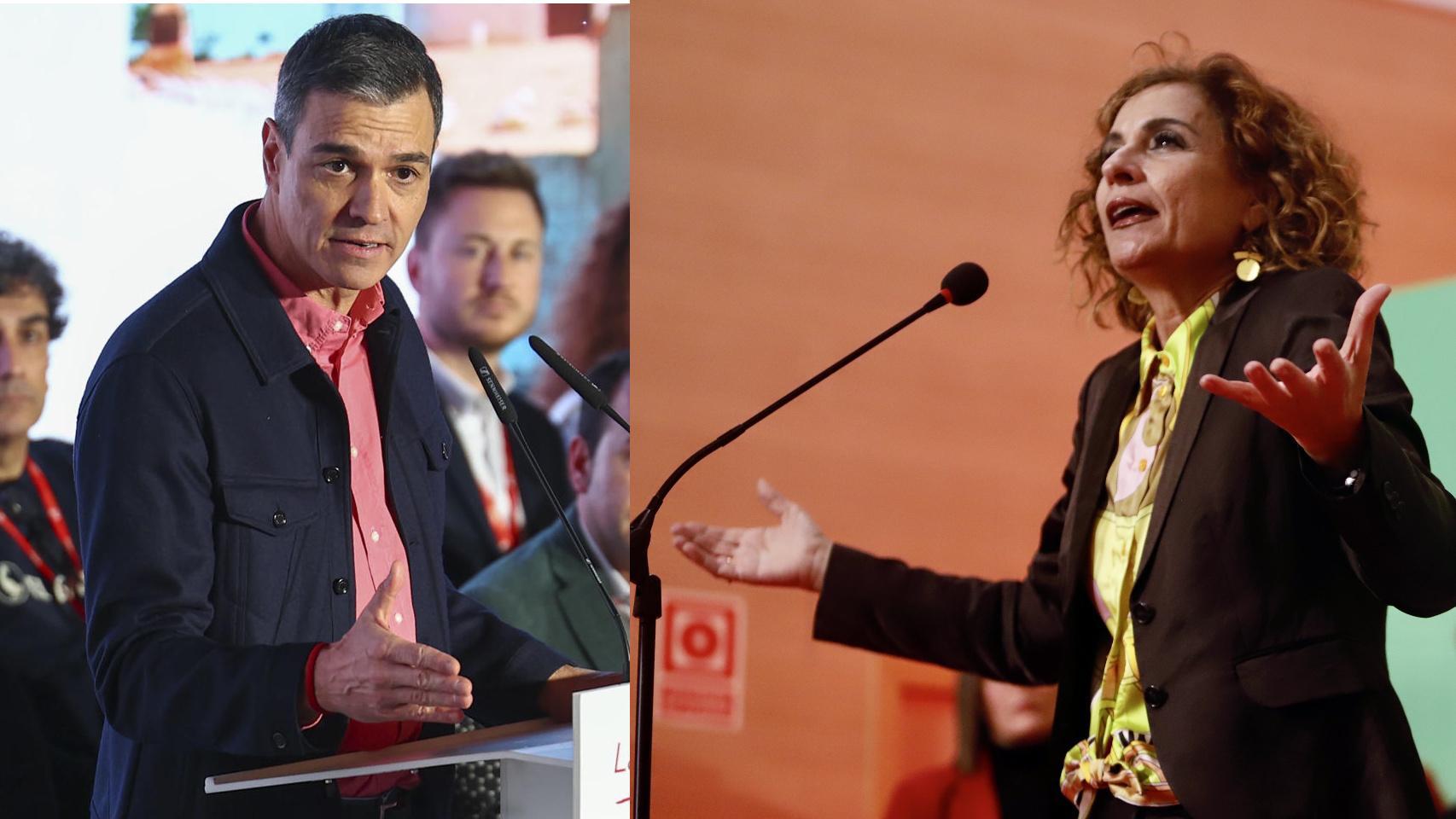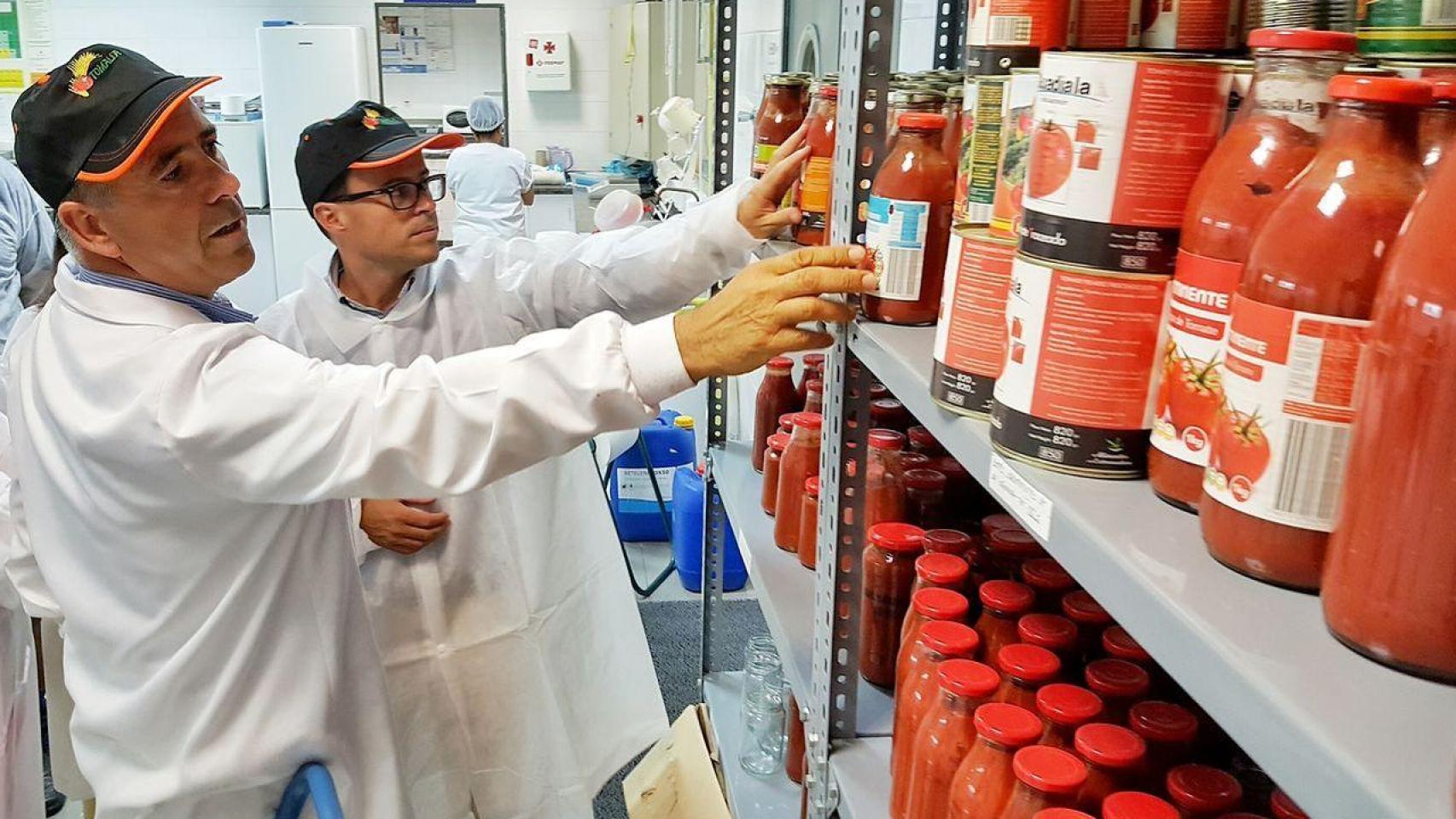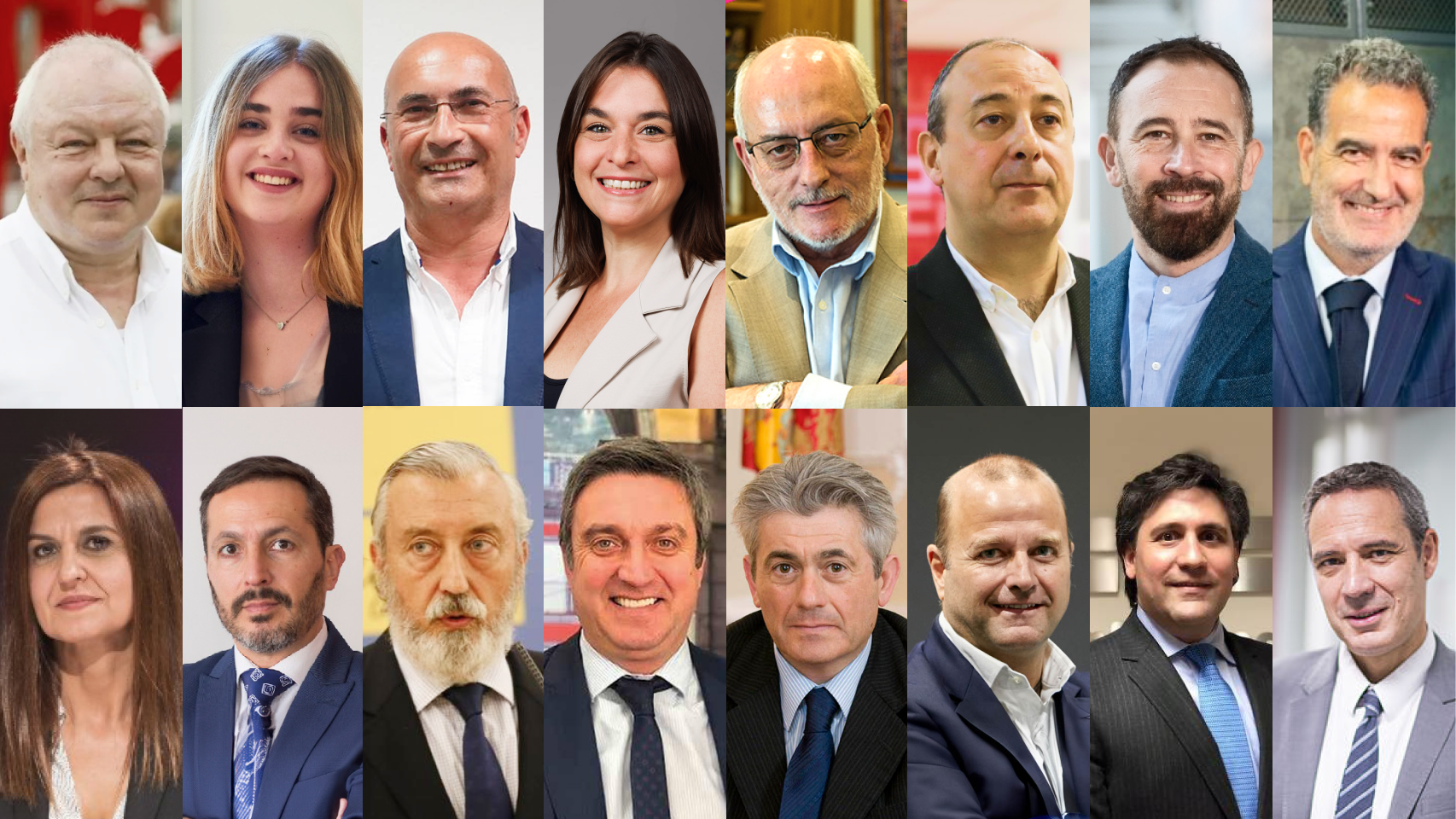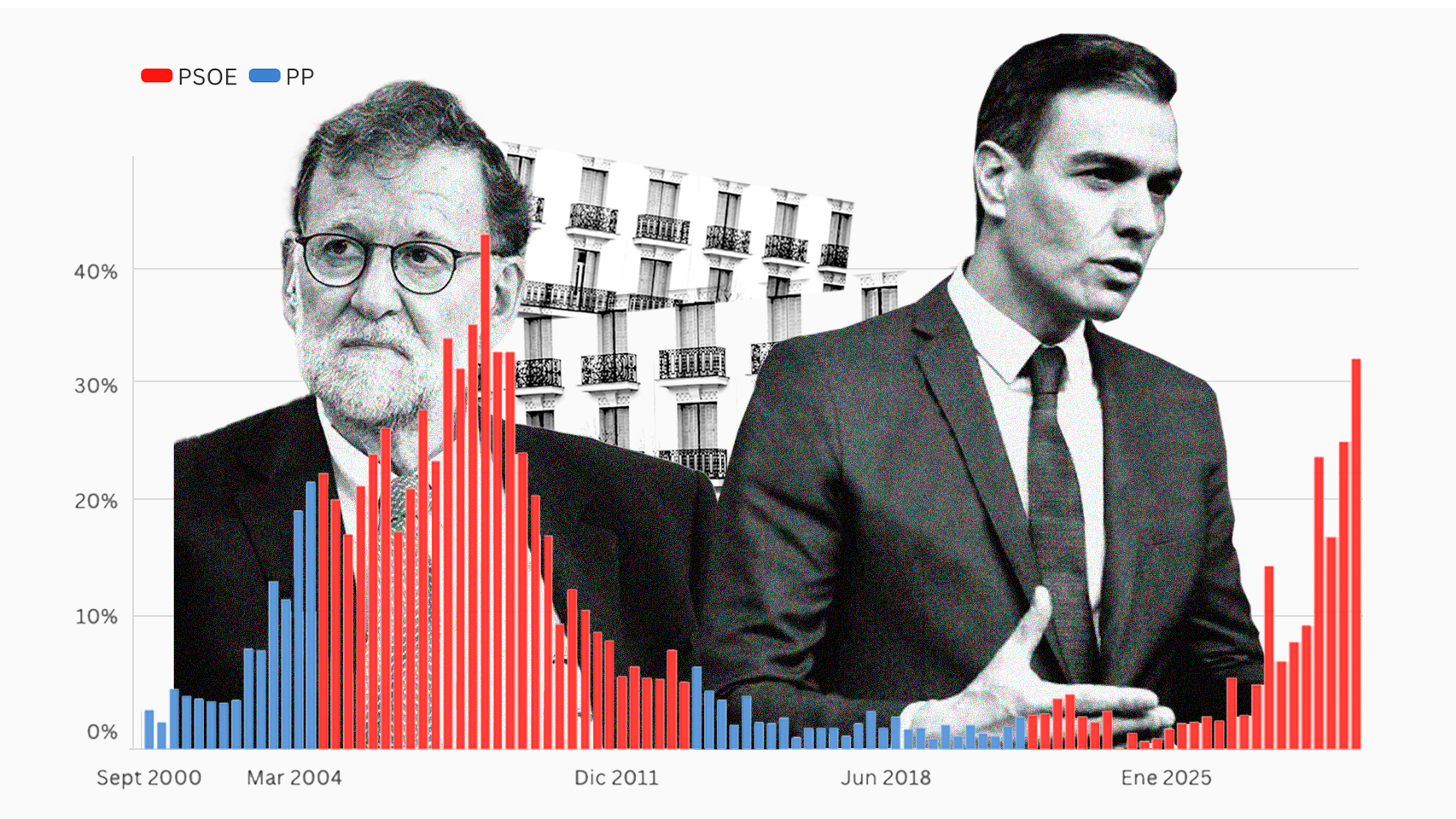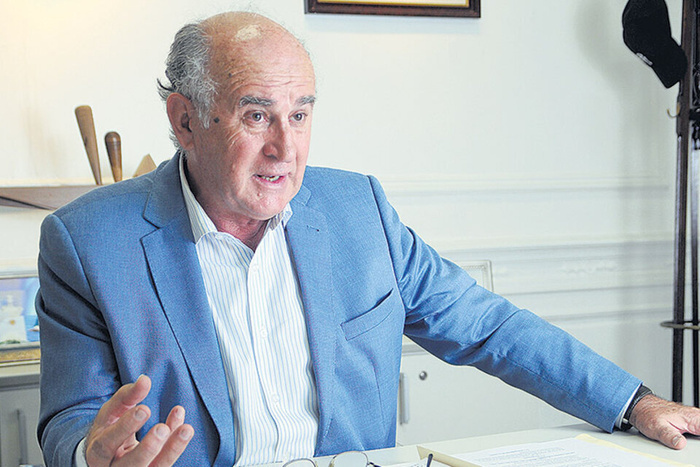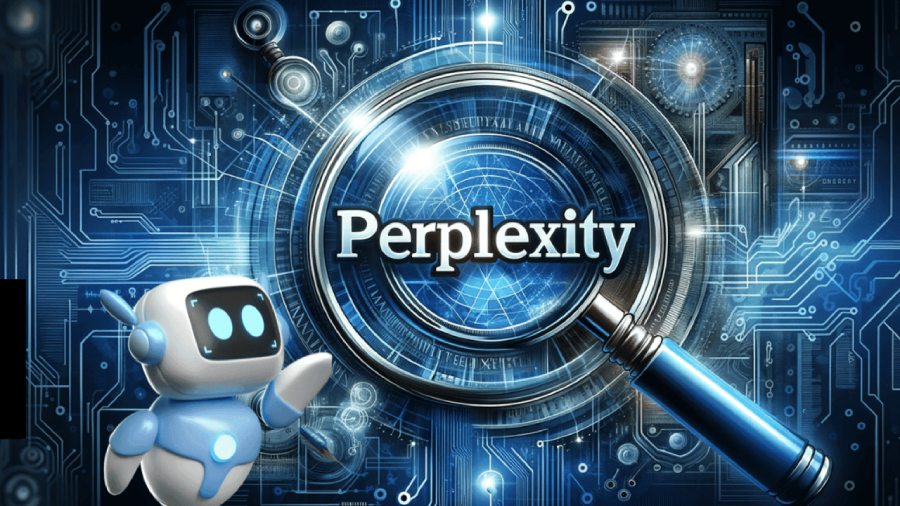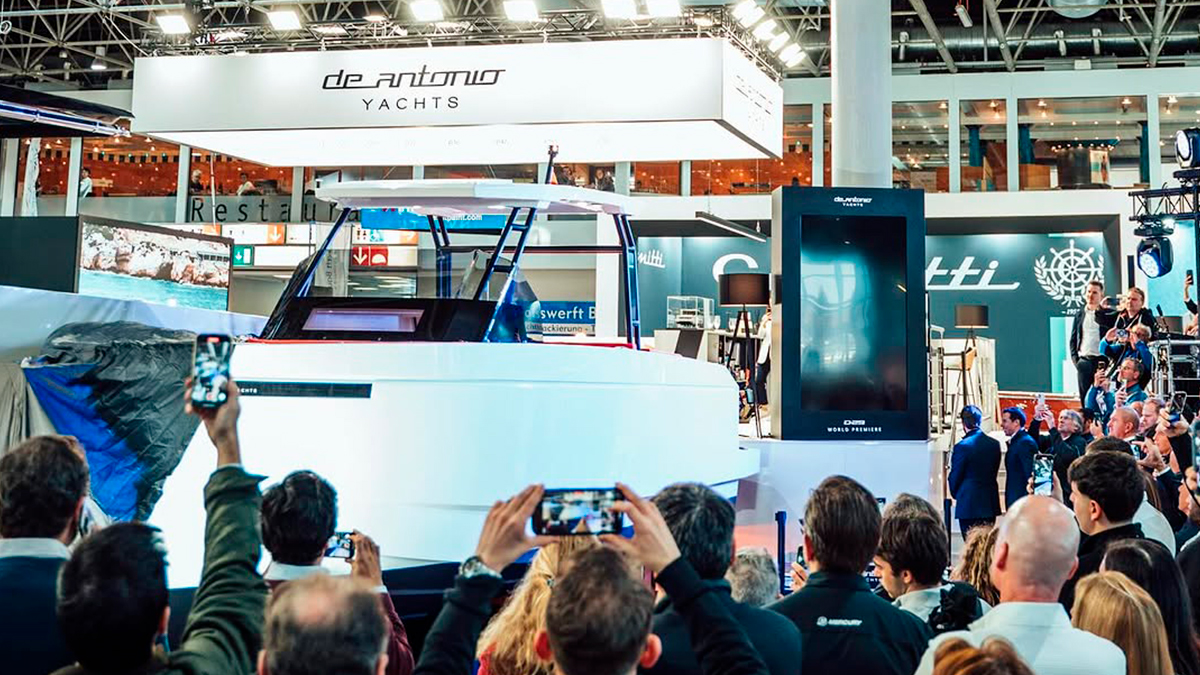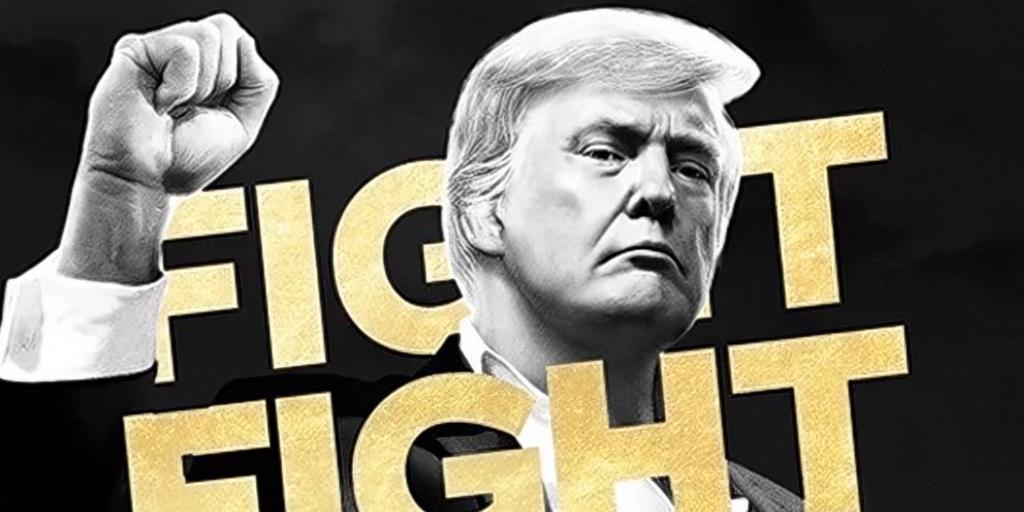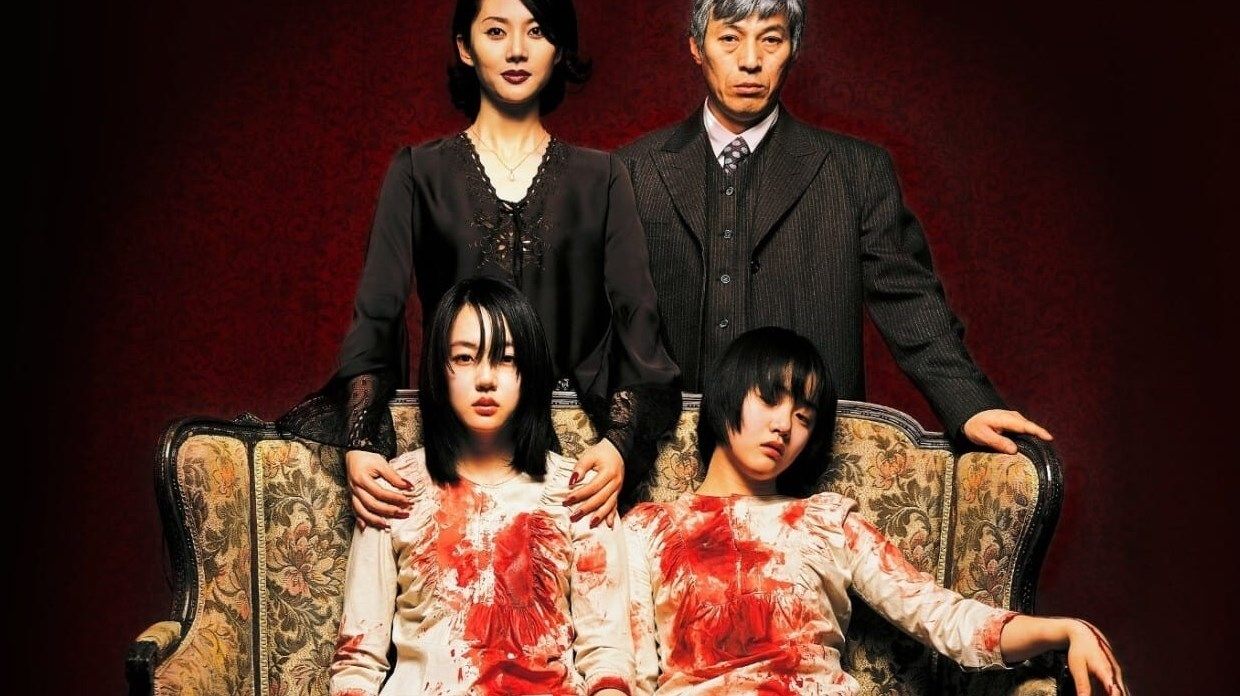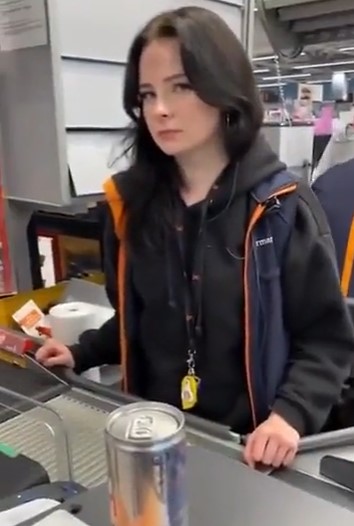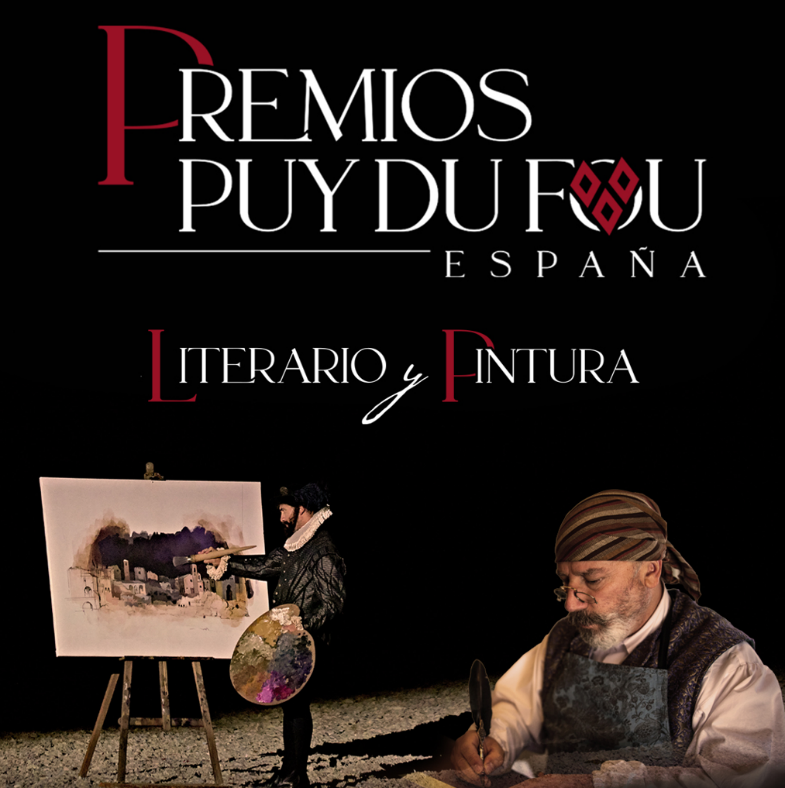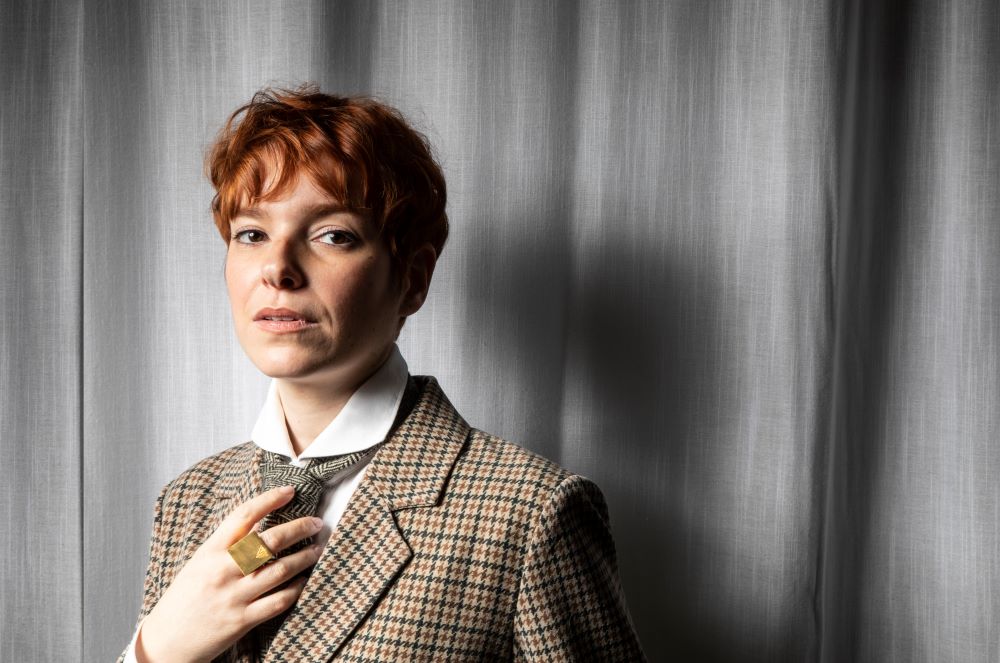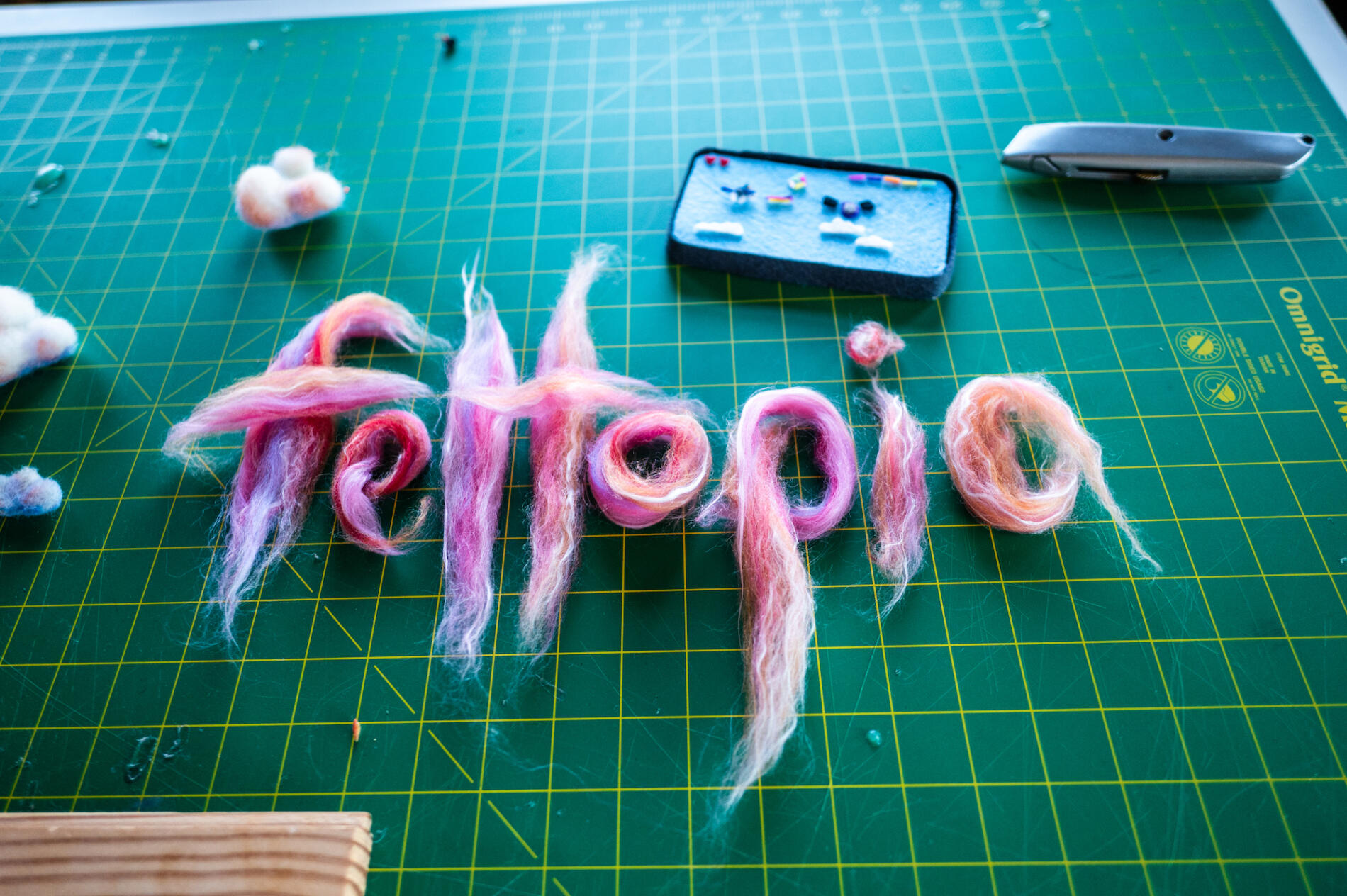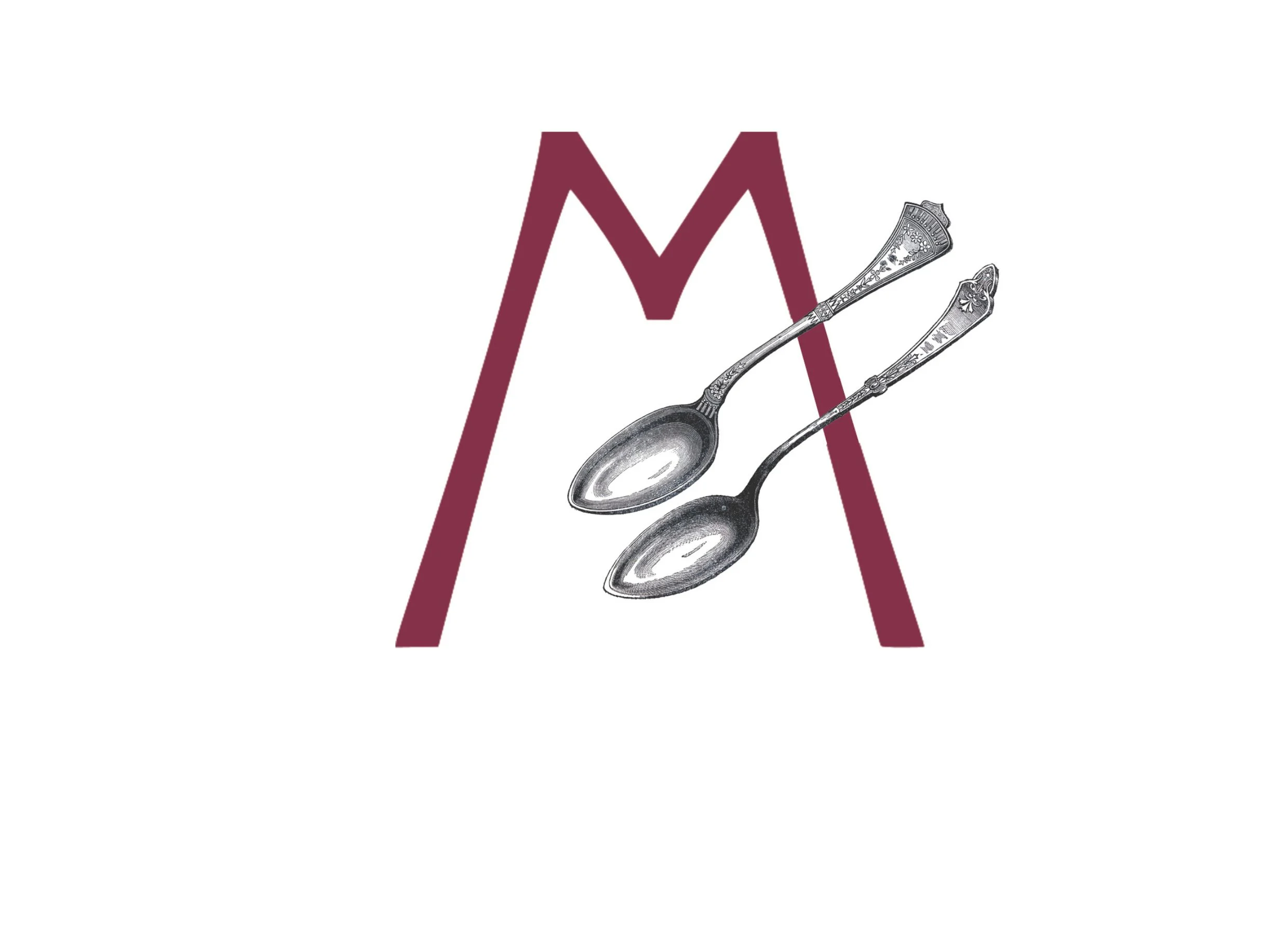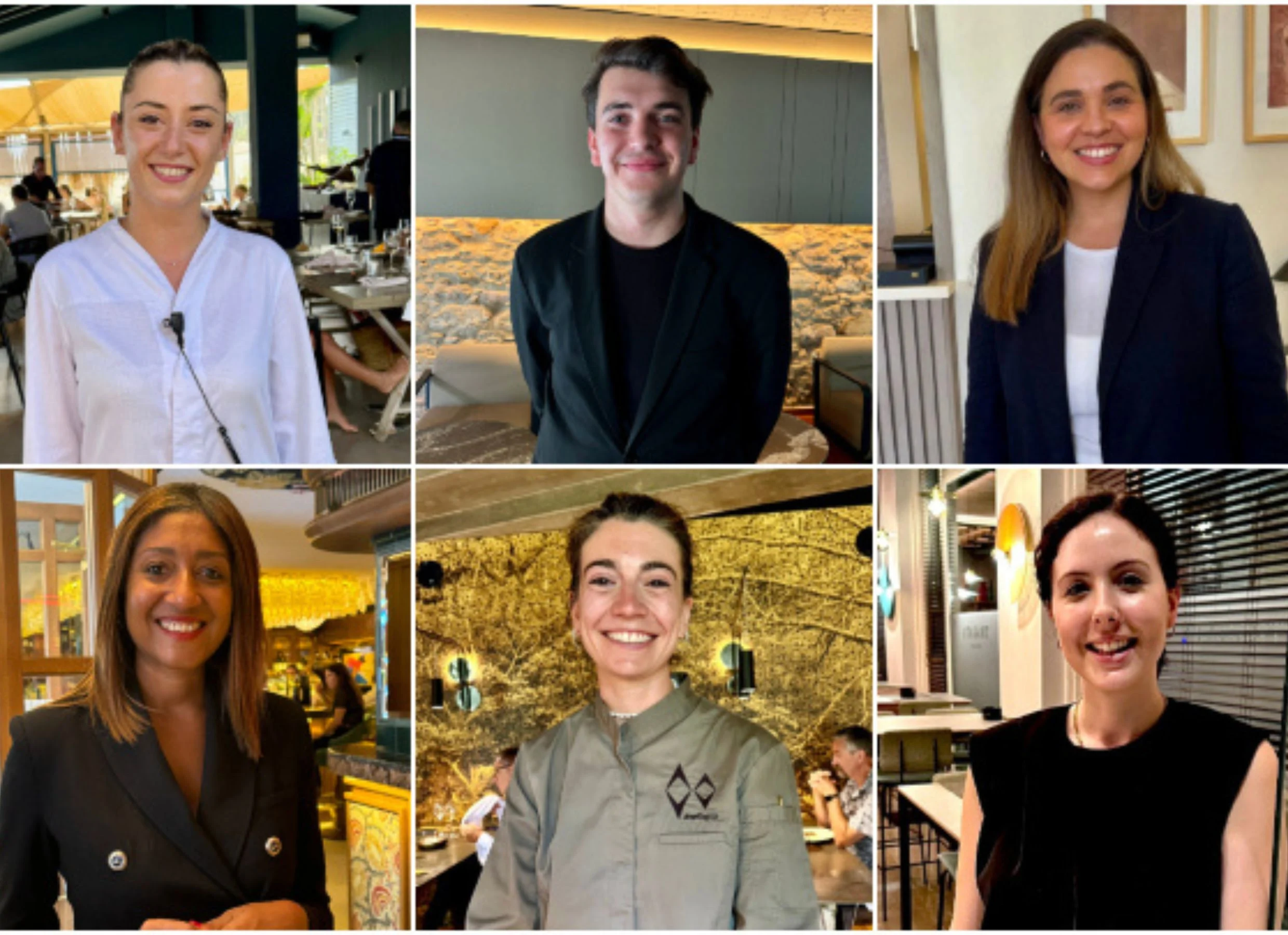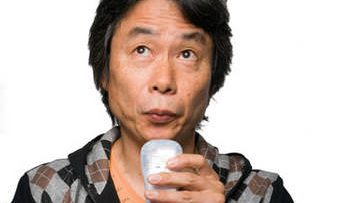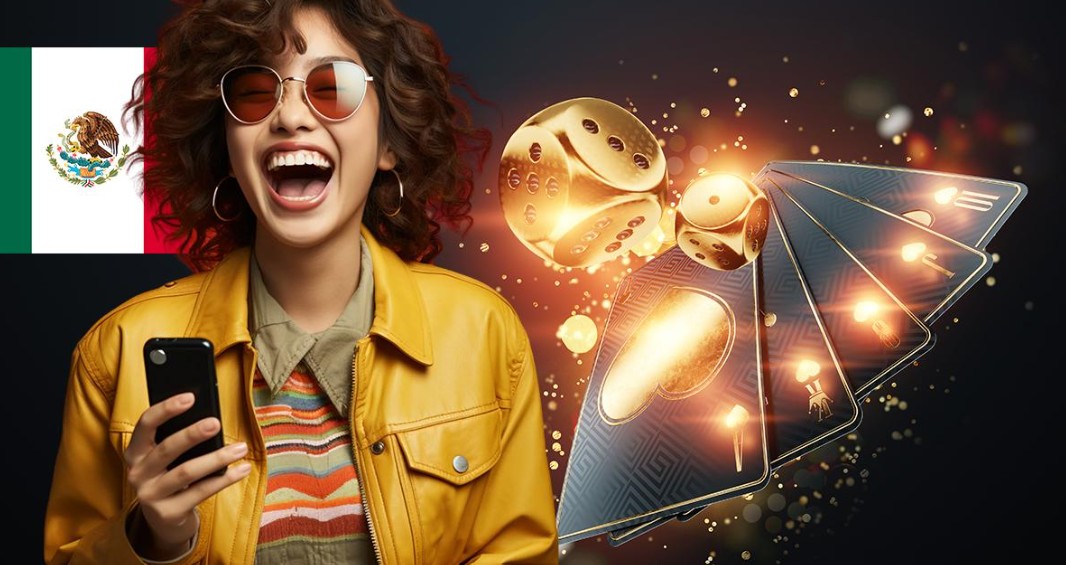Applying Neuroscience for Business to Foster Innovation in Consultancy Sessions
Neuroscience for business has become a transformative tool in fostering innovation during consultancy sessions. After reading the Nano Tool article “Innovative Thinking: Using Neuroscience to Get Out-of-the-Box Ideas”, I immediately tested this tool in two of my Business Marketing Strategy (BMS) consultancy sessions. The results were excellent for both parties. Because I love to track […] The post Applying Neuroscience for Business to Foster Innovation in Consultancy Sessions appeared first on Vilma Núñez - Consultora Estratégica de Marketing.
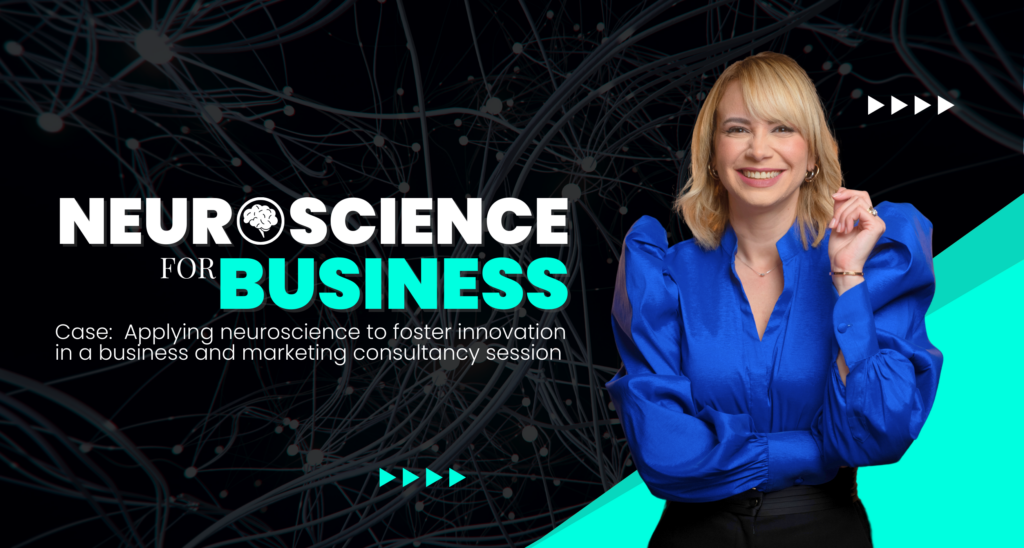
Neuroscience for business has become a transformative tool in fostering innovation during consultancy sessions.
After reading the Nano Tool article “Innovative Thinking: Using Neuroscience to Get Out-of-the-Box Ideas”, I immediately tested this tool in two of my Business Marketing Strategy (BMS) consultancy sessions.
The results were excellent for both parties.
Because I love to track myself with wearable technology (Whoop and Oura Ring), I discovered that my stress only increased when I had to close the sessions.
In the past, stress spikes occurred throughout the sessions, but these changes showed improvement.
Strategies Rooted in Neuroscience for Business
-
Using Dopamine and Norepinephrine to Enhance Creativity and Execution
What I like most about the neuroscience for business approach is the ability to use tools individually or combine them for greater impact.
In consultancy sessions, we can leverage dopamine to enhance exploration and creativity for brainstorming and “thinking outside the box” with clients.
At the same time, norepinephrine can be used as a contrasting tool to stabilize the brain, recap ideas, and transform strategies into structured action plans.

-
Execution Plan for Consultancy Sessions
Physical Environment and Movement
Following the principle that stepping away from a problem stimulates the subconscious mind and nurtures creativity (Platt, n.d.), I moved the sessions from a small conference room to a spacious training room, converted into a creative consultancy space.
This allowed clients and me to walk around when they encountered what I call “the creative block wall”
Timed Breaks to Reset
I integrated two strategic breaks—a brief lunch and a short “bathroom break”—each preceded by a small goal.
For example, we identified a key challenge before stepping out and committed to returning with a fresh perspective.
These breaks helped modulate neurotransmitter levels, limiting or suppressing the normal stress experienced during business planning.
Leveraging Pupillary Responses as Indicators of Passion
As Latinos, we have a colloquial expression, “brillo en los ojos” (“sparkle in the eyes”).
Neuroscientific research interprets this phenomenon as increased pupil dilation, often associated with heightened interest, excitement, and cognitive effort (Aston-Jones & Cohen, 2005; Kang & Wheatley, 2015).
By analyzing tone of voice alongside pupillary responses, I could quickly identify what mattered most to my clients.
Observing their dilated pupils provided a non-invasive cue that they were in a dopaminergic exploratory mode—ideal for creative brainstorming.
Co-Creation with Physical Tools
Another technique implemented was giving clients a pencil or marker to co-create their strategies directly on a whiteboard.
This approach taps into sensorimotor networks, fostering better idea retention and clarity.
From my last two sessions, I realized that this tactic promotes a healthier dopamine-norepinephrine balance between idea generation and action planning.
The Neuroscience for Business Advantage
Integrating neuroscience for business into my BMS consultancy sessions has transformed them from dense, exhaustive experiences into dynamic, innovation-friendly environments.
Adjusting physical spaces, incorporating strategic breaks, observing pupillary responses, and enabling co-creation have combined to support dopaminergic states of exploration and norepinephrine-driven states of execution.
By 2025, my consultancy model will fully benefit from this hybrid system, blending neuroscience-driven exploration with structured execution strategies.
By Vilma Núñez, Ph.D.
If you want to download this case study in PDF, click on this link or on the banner that I share with you below:
You might also be interested in reading this: Neuroscience for Business: Insights from the Convierte Mas Black Friday Campaign.
The post Applying Neuroscience for Business to Foster Innovation in Consultancy Sessions appeared first on Vilma Núñez - Consultora Estratégica de Marketing.
